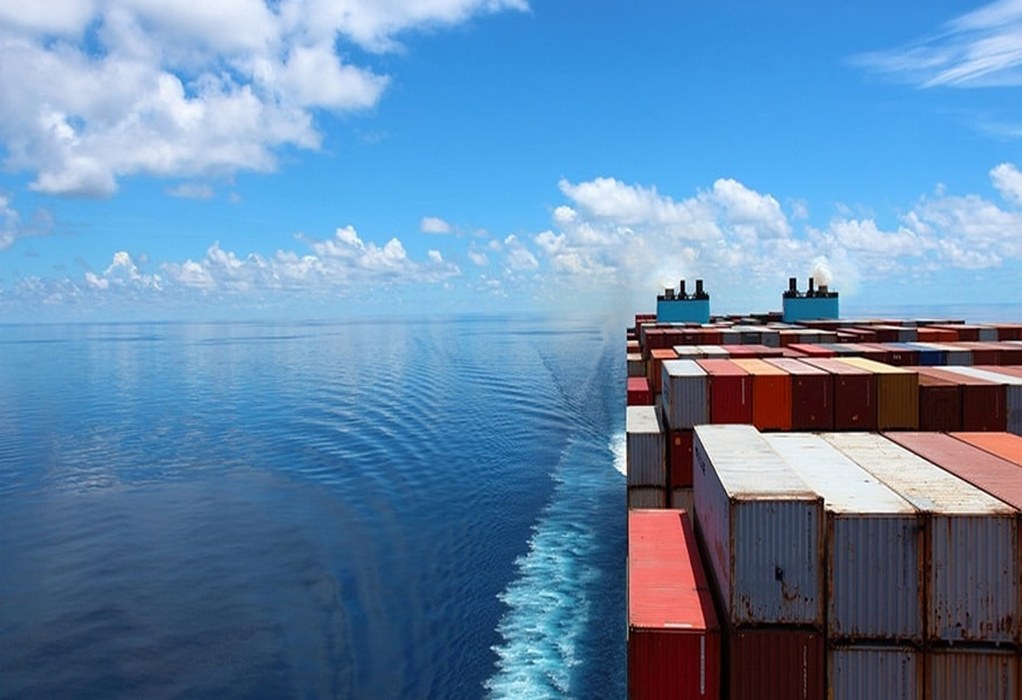Samho Heavy Industries (HSHI) and HJ Shipbuilding and Construction (HJSC) have received $1.12bn worth of newbuilding contracts from South Korean container shipping company HMM for nine methanol-powered containerships.
Under the contracts, HSHI will construct seven vessels, while HJSC will construct two. The 9,000 twenty-foot equivalent unit (TEU) vessels will feature methanol dual-fuel engines.
The order of methanol-powered containerships is said to be HMM’s ‘initial step toward expanding its eco-friendly fleet using alternative fuels’.
HMM will use the new vessels on the Asia-North/Latin America trade lanes as well as the Asia-India routes.
Green shipping corridors between Busan, Korea, and major ports in the US are also expected to become one of the routes that the new ships will run on.
The new box ships are expected to be delivered between 2025 and 2026.
Furthermore, HMM has reached a memorandum of understanding (MoU) with five fuel suppliers for the delivery of methanol to the new ships.
The fuel suppliers include Proman, PTTEP, European Energy and Hyundai Corporation.
HMM plans to carry out feasibility studies with each of the partners to support buying various types of methanol for its main bunkering ports. Following these studies, the company will also work on the production of green methanol as part of developing carbon-neutral fuels.
The South Korean shipping firm aims to attain net-zero carbon emissions across its fleet by 2050.
Tags: HJSC, HMM, HSHI, Methanol



Recent Posts
Sea cruise ships can now connect to shore power in Amsterdam
Corvus Energy partners with HD Hyundai Mipo for AiP on new green product tanker design.
KR and HD Hyundai Heavy Industries Team Up to Develop a Very Large Ethane Carrier
HD Hyundai Leads Maritime Decarbonization at Nor-Shipping 2025
World’s Largest Green Hydrogen Plant Reaches 80% Construction Completion Across All Sites
Wärtsilä to Power USA’s First All-Electric High-Speed Ferries in San Francisco Bay
ABS and Pusan National University Chart a Course for Liquid Hydrogen Shipping
RIC Energy and Siemens Partner to Advance Green Hydrogen and E-Fuels Projects in Spain